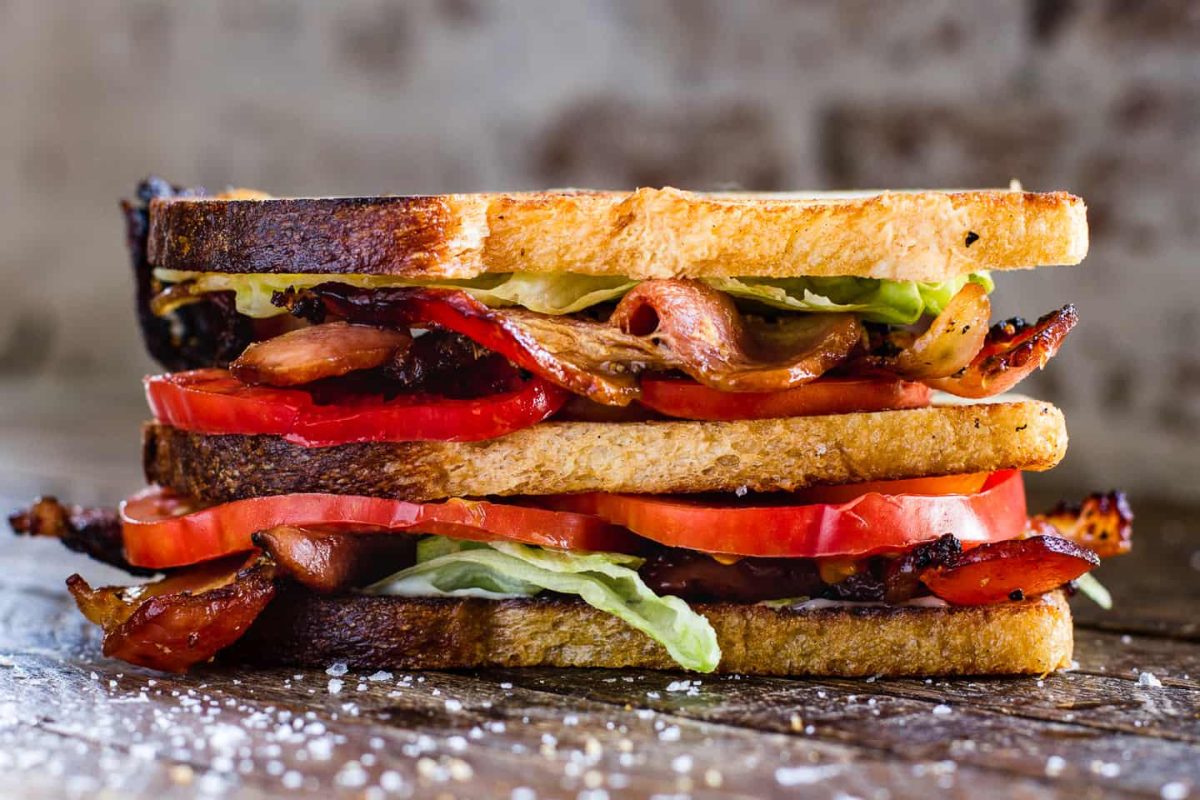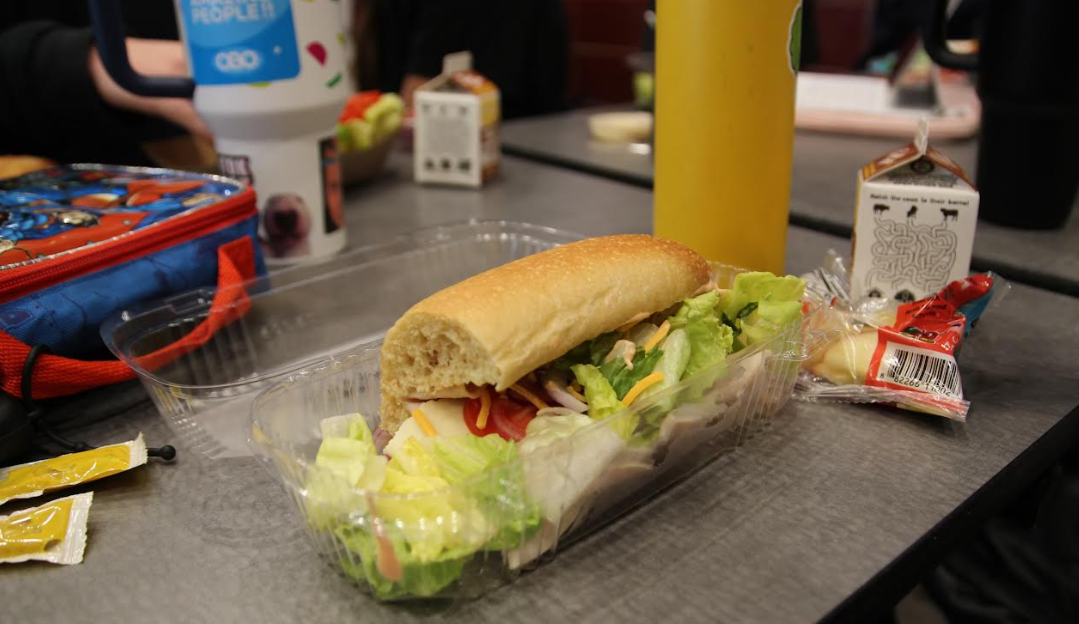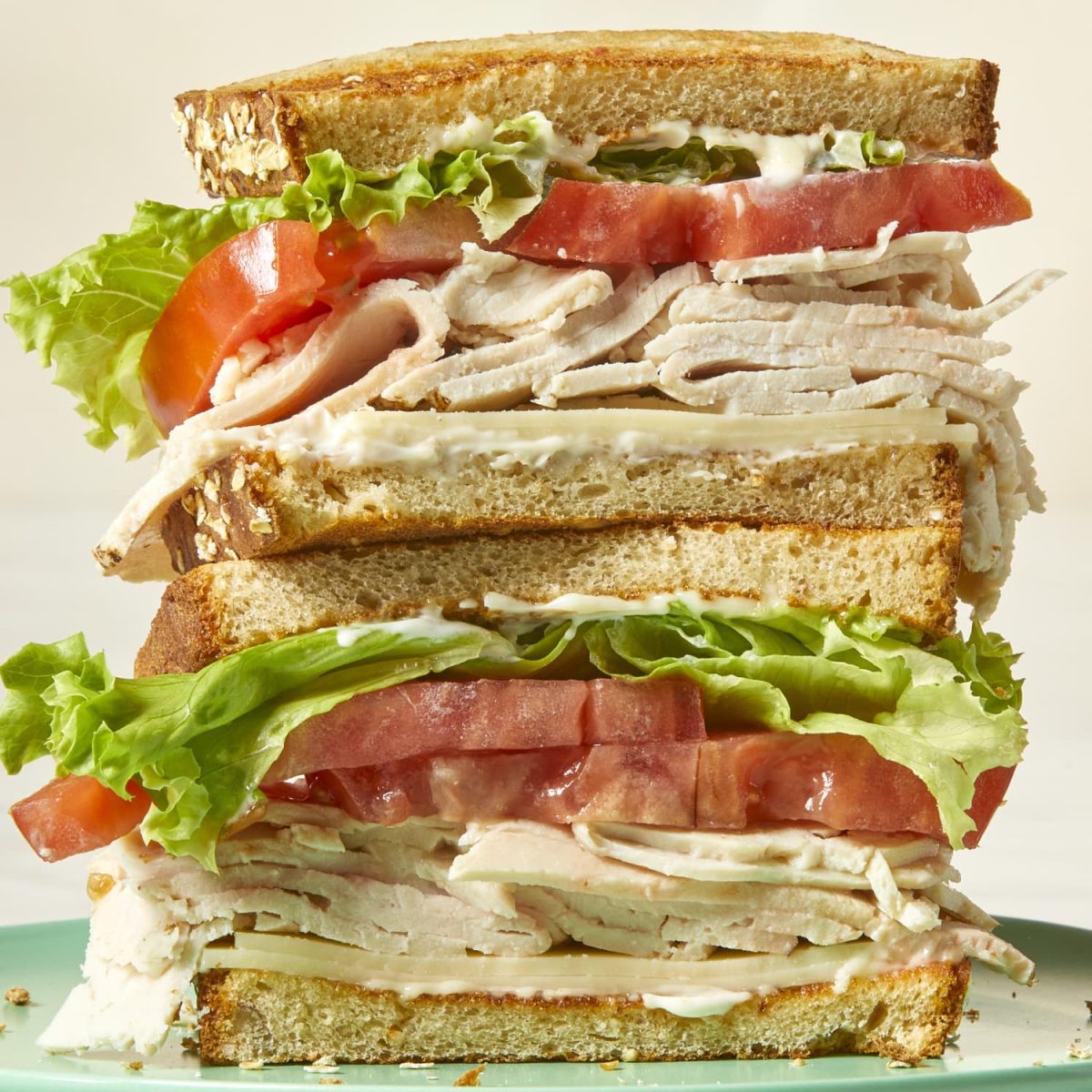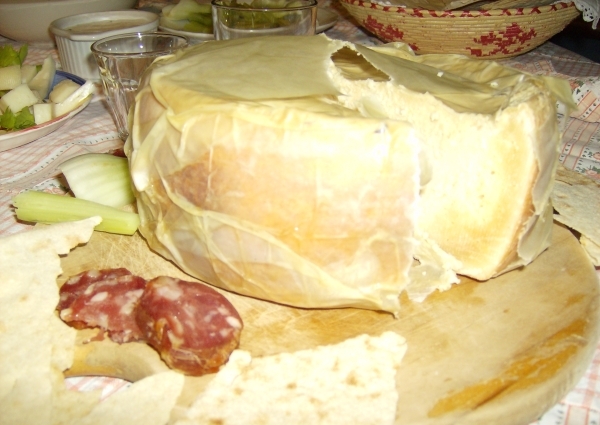Notes of the fresh Italian air whiff against your face, as the sun rises in the east on the small little island. Hints of evergreen pine permeate the air in droves as goats bleat and run around, kicking up dust from the main road. Throughout the island you see farmers, Italian families that have lived there for generations. Despite the solid foundations, these farmers are making something peculiar, something so strange that it’s illegal to sell, however it all starts with a wheel of cheese: Casu Martzu. This is an Italian classic from the small island of Sardinia, located on the west side off the shore of Italy.
Italy has always been known for its cheese, but Casu Martzu is really stretching the boundaries of the cheese making world, despite it being made in the small island of Sardinia for generations, dating back to the romans. This cheese is made using sheep milk, instead of traditional cow milk, giving it a distinct flavor. After using the sheep milk you are left with a standard wheel of Pecorino cheese. Doesn’t sound too strange right? However, after the wheel is made, the farmers leave it outside where a fly called a “cheese” fly lays its eggs in it. After the larvae are laid, the farmers wait all the way until live maggots have infested the cheese. The whole process takes almost 2-3 months (This accounts for the time it takes for the larvae to hatch) It sounds crazy in some sense, but it’s a tradition that has been passed down for generations. The maggots are left in the cheese so they can eat and then excrete it. The final product is a creamy cheese that has notes of spice and mellow taste that can be used on spreads and other delicacies.
The cheese making process is fascinating, however that hasn’t stopped it from being banned to sell in most countries, and rightly so. The production from the Roman days has dwindled in recent years because of the dangers of eating Casu Martzu, yet the farmers that make it don’t seem to have any problems. As stated prior, this tradition has been a pillar for most of these farming families for centuries, being served at special occasions like weddings. Although, this creamy cheese comes with caveats, especially with the maggots being inside the cheese when eaten. It’s important that all the maggots are chewed so they don’t live on your body. This causes the digestion of the cheese to be very technical, but it’s worked for the farmers in Sardinia for generations.
Every art has their quirks, especially in the art of making food, but we can always learn a thing or two from the strangest creations. In Casu Martzu’s case, we learn the history of the farmers that take family traditions and carry them to share with us. So the next time you’re in Italy, try some Casu Martzu.




































